Data security in multiphysics simulations
How Quanscient ensures data privacy and protects engineering simulation data
Here are the core security features for keeping your data safe
Data encryption in transit and at rest
All customer data, in addition to object-storage, temporary storage and databases are encrypted at rest.
We use TLS 1.2 or higher everywhere data is transmitted over potentially insecure networks. We renew our SSL certificates regularly and we restrict the allowed ciphers to well-known secure ciphers only.
This means your data is protected both during transmission and while stored on our servers.
Authentication and access control
Quanscient Allsolve utilizes a robust authentication system with strong password requirements and optional two-factor authentication. A granular permission system ensures users only have the access they need.
Secure secret management
All our encryption keys are managed via Key Management System (KMS). Using KMS prevents direct access to the keys by any individuals, including employees of Quanscient. The keys are used for encryption and decryption via KMS APIs only.
Application secrets are stored encrypted and access to these values is limited to only the services that absolutely need them.
Isolated cloud environment
Quanscient Allsolve operates within an isolated cloud environment, segregated from public networks by strict network firewall rules.This means that your applications and data are completely separated from other users and potential vulnerabilities.
Here are the core security features for keeping your data safe.
All customer data, in addition to object-storage, temporary storage and databases are encrypted at rest.
We use TLS 1.2 or higher everywhere data is transmitted over potentially insecure networks. We renew our SSL certificates regularly and we restrict the allowed ciphers to well-known secure ciphers only.
This means your data is protected both during transmission and while stored on our servers.
Quanscient Allsolve utilizes a robust authentication system with strong password requirements and optional two-factor authentication.
A granular permission system ensures users only have the access they need.
All our encryption keys are managed via Key Management System (KMS). Using KMS prevents direct access to the keys by any individuals, including employees of Quanscient. The keys are used for encryption and decryption via KMS APIs only.
Application secrets are stored encrypted and access to these values is limited to only the services that absolutely need them.
Quanscient Allsolve operates within an isolated cloud environment, segregated from public networks by strict network firewall rules.
This means that your applications and data are completely separated from other users and potential vulnerabilities.
Quanscient is ISO 27001:2022 and SOC 2 Type II certified
Quanscient is proud to be ISO 27001:2022 certified as of August 2025 and SOC 2 Type II certified as of November 2024, demonstrating our ongoing commitment to the highest standards of data security and privacy.
Your data is in safe hands with us. If you’d like to review our ISO 27001:2022 or SOC 2 Type II reports, or have any questions about our security measures, please contact us.

.png?width=167&height=180&name=ISOMark_27001-2022%20(1).png)
Trusted by both industry and academia
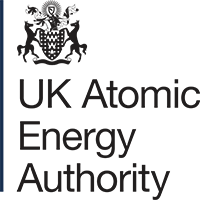
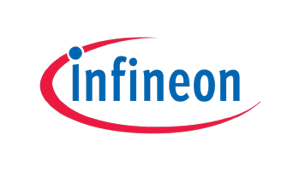
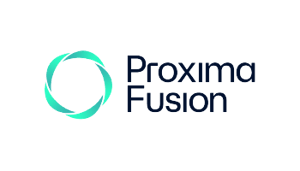
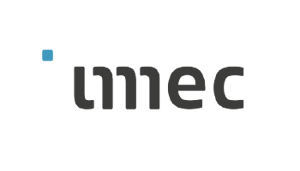

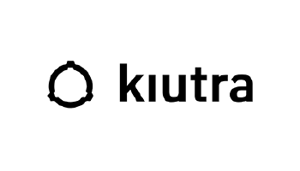

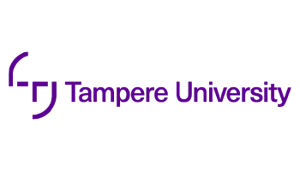
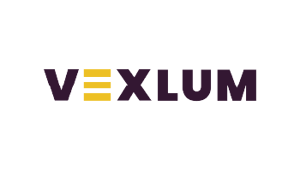
.png?width=300&name=Logo_Krohne.svg%20(1).png)


We adhere to strict privacy standards and comply with relevant regulations
Personally Identifiable Information (PII) is stored separately to ensure easy retrieval or removal upon user request.
We store your data in your region (e.g., EU customer data in the EU).
We comply with required GDPR requirements and other relevant regional regulations where we do business.
Strict security measures are in place in the day-to-day operations of Quanscient to ensure a robust and comprehensive security framework
FAQ
We welcome responsible vulnerability disclosures. Please report any potential security issues through the security concern form below or via email to security@quanscient.com. Provide as much detail as possible, including steps to reproduce the issue. We will acknowledge your report and investigate promptly.
Yes, we conduct regular penetration testing, both internally and by independent third-party security experts. We perform automated scans frequently and manual penetration tests at least quarterly, covering all areas of our product and cloud infrastructure.
We are currently SOC 2 Type II certified and are actively pursuing ISO 27001 certification. We continuously evaluate other relevant certifications and frameworks to maintain the highest security standards.
Quanscient Allsolve operates in an isolated cloud environment. Each customer's data is logically separated and protected by strict access controls and firewall rules, preventing unauthorized access between customer environments.
Looking to report a security concern?
Contact us via this form, and someone from our security team will get back to you within 1 business day.